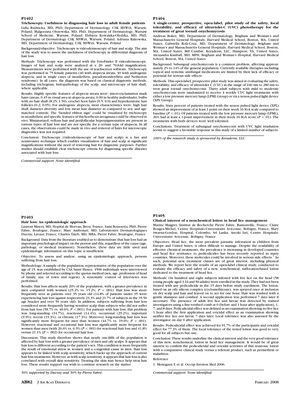Hair Loss: An Epidemiologic Approach
January 2008
in “
Journal of The American Academy of Dermatology
”

TLDR Hair loss affects 20% of people, more in men and those over 35, and is often associated with a sensitive scalp.
The document reports on a study that aimed to assess and analyze hair loss in individuals using an epidemiologic approach. The study involved a phone survey of 4,506 individuals, representative of the population over the age of 15, selected according to the quotas method. The results indicated that hair loss affects nearly 20% of the population, with a higher prevalence in men (25.2%) compared to women (15.2%). Hair loss was more common in individuals over 35 years old, and those with hair loss often reported having a sensitive scalp. The study found that hair loss was long-standing in 34.7% of cases, reactional in 14.4%, occasional in 29.2%, important in 9.9%, recent in 19.3%, and chronic in 17.3%. Long-standing hair loss was more frequent in men, while reactional and occasional hair loss was more common in women. The study suggests that hair loss is linked to scalp sensitivity and may be influenced by emotional stress in women and congenital causes in men. The findings support the need for continued research on hair loss treatments. The study was 50% supported by Ducray and 50% by Pierre Fabré.





